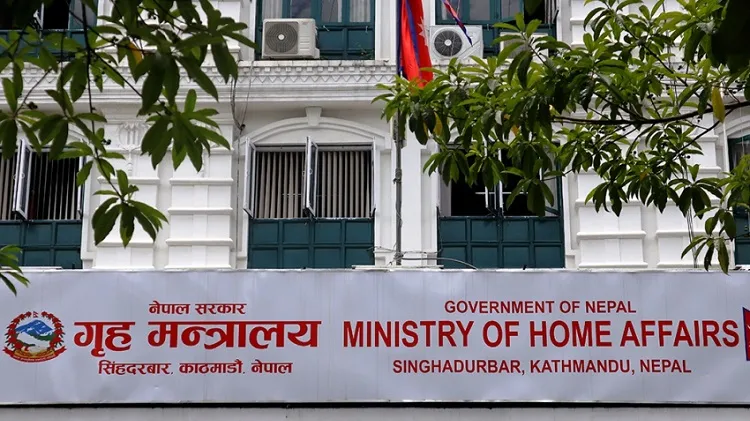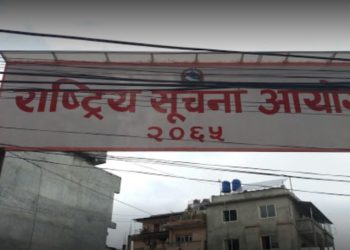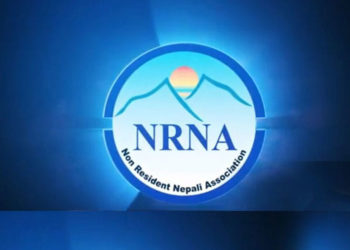KATHMANDU: The Ministry of Home Affairs has issued stringent directives to all 77 district administration offices to thwart coerced religion conversions driven by intimidation and extortion.
In response to mounting complaints about such activities across several districts, the ministry has mandated heightened surveillance to forestall any forced religious conversions.
Narayan Prasad Bhattarai, the ministry’s spokesperson, disclosed that following numerous grievances regarding forced religious conversions, a circular was dispatched to reinforce corrective measures.
“We’ve unequivocally declared any form of coercive conversion as unacceptable, be it through intimidation or persuasion,” stated Bhattarai.
The ministry’s circular underscores the imperative to halt illicit proselytization by closely monitoring and curbing such activities.
Emphasizing the circular’s alignment with constitutional and legal provisions, spokesperson Bhattarai affirmed, “Every individual holds the right to practice their chosen faith freely. While one may naturally embrace a religion of their liking, inducing conversion through incentives or fear is impermissible.”
Highlighting the constitutional tenet of secularism in Nepal, Bhattarai reiterated its significance in safeguarding religious and cultural freedoms, as enshrined in the constitution.
Religious liberty, enshrined as a fundamental right under Article 26 of the Constitution, guarantees individuals the freedom to adopt, practice, and safeguard their faith.
However, it expressly prohibits actions that jeopardize public health, morals, or peace, including coercive attempts to induce religious conversion, punishable by law.
Furthermore, Section 2 of the Civil Penal Code explicitly prohibits actions that disrupt established religious beliefs without any inducement for conversion or propagation.
Violators of this provision face imprisonment of up to five years and fines up to 50,000 rupees.
Spokesperson Bhattarai underscored the ministry’s directive to all 77 district administration offices to uphold constitutional and legal standards diligently.
Notably, the government’s crackdown on illegal proselytization targets minority communities, including Christians and non-Hindu faiths.









Comment